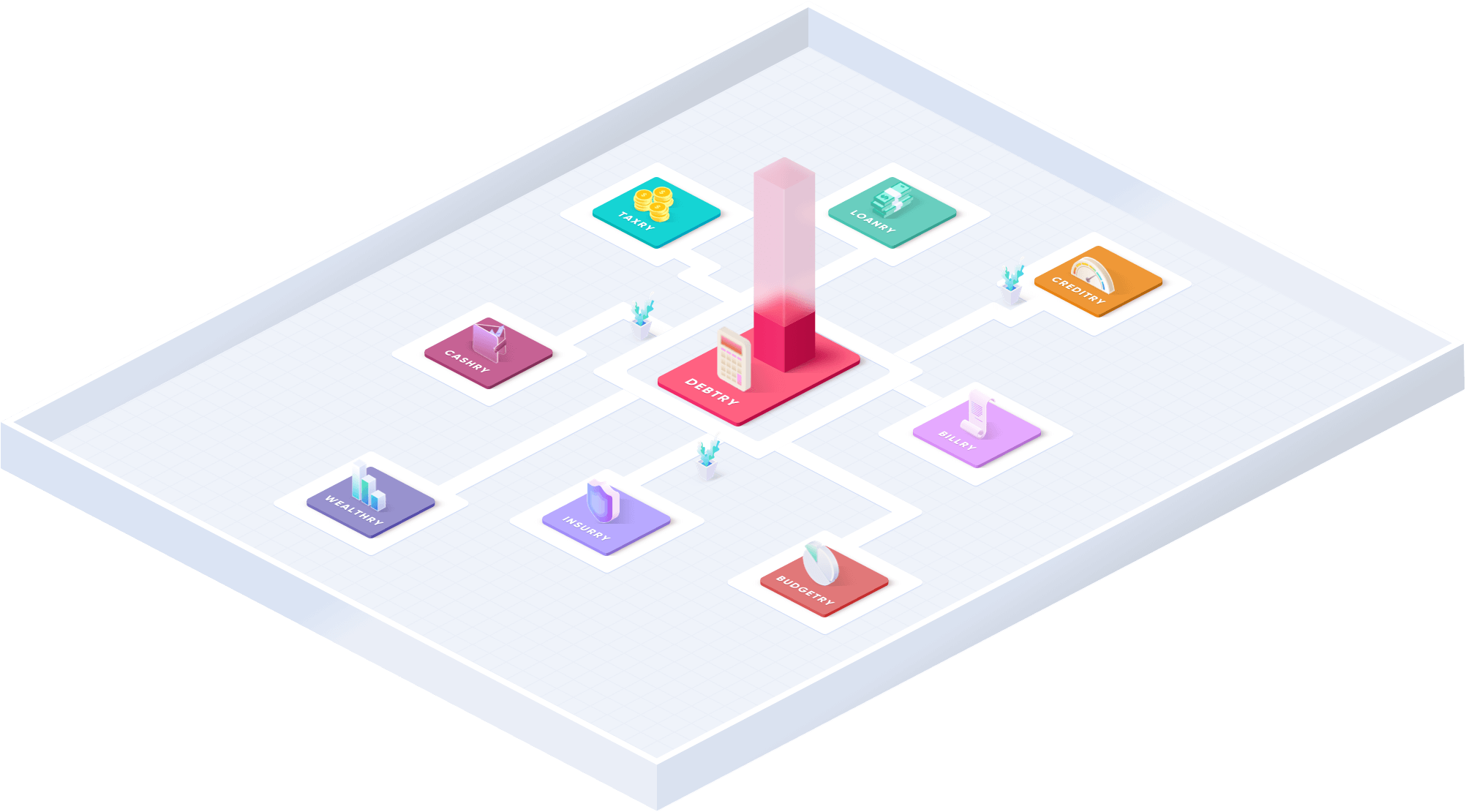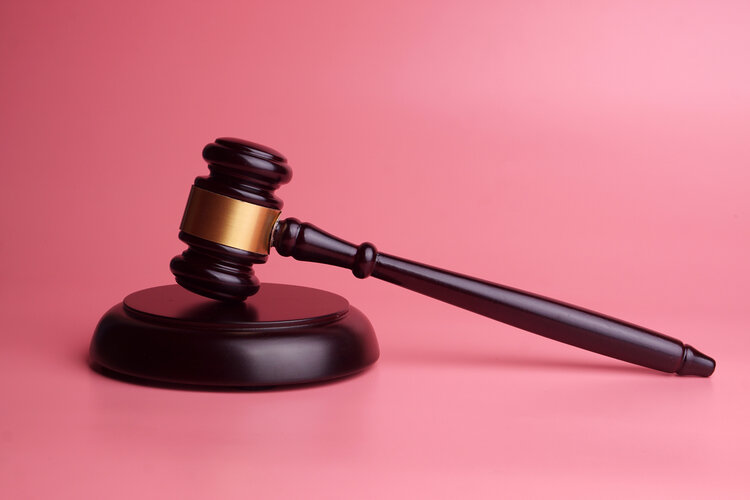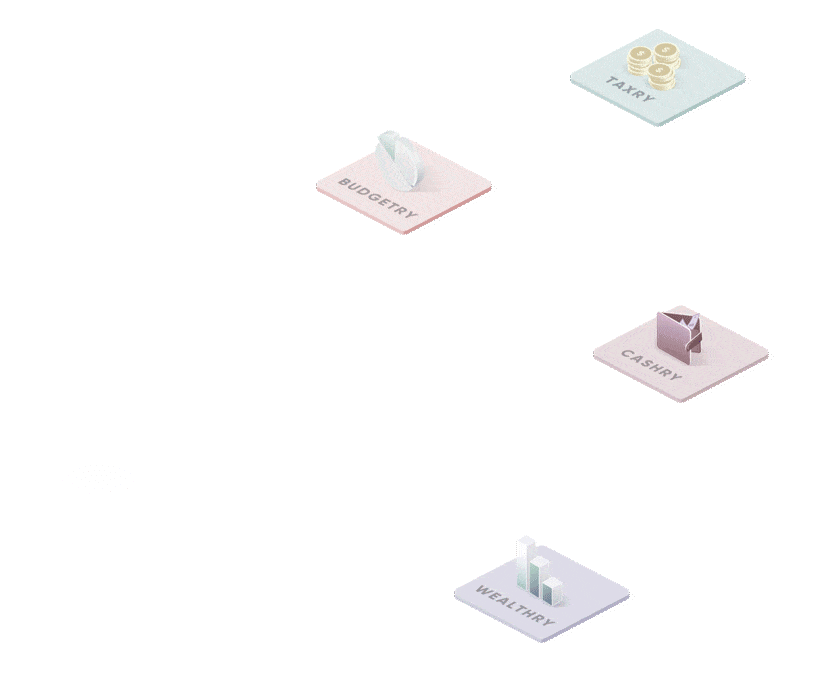Bankruptcy


Declaring bankruptcy is humbling. Frightening. Exhausting. There are times, however, that it’s the most practical way forward. Bankruptcy is actually a relatively modern creation which allows citizens crushed by debt to “reboot” and try again. It’s not about letting you off the hook or promoting irresponsible behavior; it’s about choosing the least destructive option when none of your choices look that great.
Let’s look at a few bankruptcy basics. We’ll talk about several of the major types and the pros and cons of each. We’ll look at why you almost always need professional help along the way. And, finally, we’ll talk about possible ways to avoid bankruptcy and how to know whether or not these alternatives are realistic for your circumstances.
“Bankruptcy” refers to any legal mechanism which allows individuals or businesses who can no longer pay their debts in a timely manner to satisfy as many creditors as possible, then wipes the slate partially or mostly clean so they can “try again.” Bankruptcy laws replaced the practice of consigning individuals to “debtors’ prison.” For centuries, anyone who couldn’t pay what they owed was thrown into jail until they found a way to satisfy their creditors.
It’s rather tricky to generate useful income from a dungeon, so debtors’ prison was often a life sentence. The practice tended to penalize people for being poor, getting sick, or facing difficult circumstances more than it actually prevented bad behavior. Laws concerning debt made little provision for spouses, children, or other dependents, meaning that entire families were condemned for the presumed failures of a single member.
Modern bankruptcy takes a more civil approach. The court takes charge of the debtor’s finances and prioritizes which creditors get paid, and how much. The idea is to get the debtor back on their feet earning money, paying bills, and otherwise contributing to society. Most bankruptcies require some form of credit counseling as part of the process in hopes of preventing a recurrence of the circumstances which got them there in the first place. Make no mistake, the process is difficult and takes a toll on both your credit rating and your psyche; it’s not supposed to be easy. It is a way forward, however – not a punishment for perceived “failure.”

Keep watching this page for more information on our re-imagined line of personal and small business management apps and customized tools making it easier than ever to organize and process your financial information effectively and quickly. Imagine quickly pulling together information from any or all of your connected accounts, categorizing and tracking your spending, setting up alerts for upcoming payments, comparing the impacts of various investment decisions, all with a few swipes or clicks and in real time – when that information is most useful.

We understand that personal and small business finances won’t always be easy. We just don’t believe they always have to be as difficult as they often seem. Most of us are perfectly capable of taking better control of our financial worlds with enough information and opportunity. Imagine that information and those opportunities at your fingertips, wherever you go. There’s simply no reason staying in good financial shape has to be more complicated than checking your social media account or clearing the bars on your fitness tracker.
You’re probably familiar with the concept of “federalism” – a system in which a central government (the “federal” government) controls some areas of legislation and enforcement and the component state governments are largely in charge of others. Most criminal law, for example, is written and enforced by the individual states. Issues involving civil liberties (stuff covered in the Bill of Rights and other amendments), on the other hand, tend to go through the federal court system.
Bankruptcy is an issue in which both levels are involved. We’ll talk in general terms about federal bankruptcy law, but chances are your state has their own legislation as well. State law can’t overrule or contradict federal law, so any protections you have under Chapter 7, Chapter 13, or Chapter 11 bankruptcy, you have no matter what state you’re in. You may have additional protections added by your state, however – one of many reasons it’s often s a good idea to seek professional assistance when filing bankruptcy.
This is what most of us think of when we talk about declaring bankruptcy. Chapter 7 personal bankruptcy is sometimes called “liquidation bankruptcy” because it involves selling your property in order to pay off your creditors. Your home and vehicle are protected up to a certain value, as are personal items like your clothing and such. It’s not unheard of for an individual to declare Chapter 7 bankruptcy and have no qualifying assets to liquidate.
Once your stuff has been sold and the proceeds used to pay as many of your creditors as possible, the remainder of your debt is wiped out, allowing you to start rebuilding your finances, and your life. Chapter 7 stays on your credit report for ten years. That doesn’t mean you’ll never be able to find credit on any terms, but it will be more challenging for several years.
While Chapter 7 personal bankruptcy is fairly efficient, that doesn’t mean it’s easy. You’ll be required to complete credit counseling as part of the process, and the paperwork documenting your income, expenses, and other assets and liabilities is extensive. You’ll be assigned a trustee by the court who’ll talk you through the requirements. Trustees are not your adversary, but neither are they there to defend you or advocate on your behalf. In other words, don’t confuse a court-appointed trustee with a personal bankruptcy attorney. They’re not.
The trustee will issue an “automatic stay” on your various accounts. This means that creditors cannot harass you during the process. Any collection, repossession, or foreclosure efforts are halted. The whole point of filing for bankruptcy, remember, is to allow you to get out from under unmanageable debt. Because some might find it tempting to abuse the system, the trustee will review your financial history, assets, and liabilities to make sure bankruptcy is justified. Any indication you’ve intentionally run up debt with bankruptcy in mind can derail the entire process.
You may be able to handle a basic Chapter 7 personal bankruptcy yourself, but if you have substantial assets, or creditors already attempting to seize your properrty, or any other complicating factors, it’s a good idea to hire an attorney who specializes in helping individuals with filing bankruptcy. If your situation is more straightforward and you’re comfortable handling it yourself, you can even file bankruptcy online using uscourts.gov.
In most situations the entire process takes five or six months from start to finish. The cost to file bankruptcy is set by federal law at $335 for Chapter 7, but that doesn’t include court costs or the many miscellaneous fees which typically accrue during the process and can run into several thousand dollars. These can be reduced or waived based on your ability to pay, but you’ll want to request that up front instead of waiting until the total grows out of control.
Chapter 13 is sometimes referred to as “debt adjustment” bankruptcy. It’s less about liquidating assets and more about asking the court to step in and restructure your existing obligations. You can’t keep up the way things are, but with a little compromise and flexibility you could still pay most of what you owe over the next 3 – 5 years. This is helpful for individuals facing bankruptcy for credit card debt or other unsecured obligations who are clearly in over their heads but have reliable income and don’t wish to completely default.
If you have substantial equity in your home or other assets you’d like to keep, Chapter 13 can make that possible. There are similar requirements to those of Chapter 7 personal bankruptcy in terms of completing credit counseling and the function of a court-appointed trustee to go through your finances and help lead you through the necessary steps. There are limit on how much debt you can have and still qualify for Chapter 13 and other logistical hoops to navigate, and you’re going to want an attorney for this one no matter what the specifics of your financial situation. The filing cost is $310, but much like with Chapter 7, the many other fees quickly add up.
Creditors are not allowed to contact you during the repayment period. You pay your court-ordered monthly amount to the trustee and the trustee handles distribution to your creditors. Amounts not paid off during the court-ordered period are often cancelled. While filing Chapter 13 personal bankruptcy isn’t ideal, it’s not as hard on your credit as Chapter 7 since it involves paying more of your creditors along the way. Chapter 13 bankruptcy stays on your credit report for seven years.
Chapter 11 bankruptcy is primarily designed to help businesses – especially small businesses, including sole proprietorships. It can be used, however, for individuals with higher than normal assets and liabilities. Like Chapter 13, it’s intended to allow the restructuring of debt in order to continue paying creditors in part or full. There’s no trustee coordinating your payments. Instead, you become what’s called a “debtor in possession” (DIP) operating under the supervision of the court. It’s up to you to submit a restructuring and repayment plan to the court for approval.
The cost to file bankruptcy under Chapter 11 bankruptcy is considerably higher than typical with personal bankruptcy, but the credit counseling requirement and many of the general procedures are the same. Small business bankruptcy through Chapter 11 can last as little as six months or take several years, depending on the specifics involved. It’s almost always a good idea to hire an expert in your area to assist with small business bankruptcy.
There are different chapters of bankruptcy we haven’t covered here, but these are the ones you’re most likely to consider if facing unexpected loss of income, personal tragedy, small business difficulty, or bankruptcy for credit card debt. Whether you hire an attorney, handle the paperwork yourself, or simply file bankruptcy online, remember that while your credit matters (it impacts almost everything else we do), you are not your bankruptcy. You are not your credit score. You are more than numbers on a spreadsheet, positive or negative.

You may have noticed several ways in which filing Chapter 13 bankruptcy looks similar to signing up with a local state-certified credit counseling program. That makes this a good time to address several possible ways to avoid bankruptcy altogether.
Under Chapter 13 (or any other form of bankruptcy), the courts have the power to dictate terms to your creditors that credit counselors do not. On the other hand, certified credit counseling accomplishes many of the same things. You complete credit counseling and agree to work through the service to discharge your debts. Many creditors are happy to work with such services because their involvement means you’re making an effort to pay your full debt instead of declaring bankruptcy, in which case they may get far less – or nothing.
Legitimate credit counseling services are usually non-profit and their fees are minimal. They’re state-certified and operate as a public service rather than a growth-oriented business. In many cases, they’re one of the best options to avoid bankruptcy out there.
Another possibility to consider if you’re facing potential bankruptcy is a debt consolidation loan. This is an unsecured loan that allows you to pay off multiple creditors and focus your resources and energy on one monthly bill – in essence restructuring your existing debt without having to go through personal bankruptcy or damage your credit.
Of course, of all the ways to avoid bankruptcy, the best is to avoid excessive debt to begin with. Attentive budgeting, living within your means, and taking advantage of the free and readily accessible information and insight available to you on Debtry and across the Goalry family, together allow you to take more effective control of your personal or small business finances. Our online tools and connections across the financial world give you the options and expertise you need to make better decisions and build towards the future of your choice.
There are no one-size-fits-all solutions when it comes to personal or small business bankruptcy, so weigh your alternatives and do a little research before you decide. Sometimes Chapter 7 or Chapter 13 is the best way to go, but when there are options to avoid bankruptcy, they should thoroughly explored first.
Specifics vary from state to state. In general, however, it’s difficult or impossible to eliminate several forms of debt via bankruptcy:
Student loans are a tricky issue when it comes to bankruptcy. Most student loans are federally guaranteed, meaning it’s pretty difficult to have them reduced or eliminated. Even private student loans have partial protection from bankruptcy proceedings. There are exceptions, however, based on your finances and the type of tuition paid with the loans. Trade and vocational school debt is treated differently than more traditional ‘Title IV’ school debt from earning an Associate’s, Bachelor’s, or other degree.
Bankruptcy is a chance to “reboot” our financial lives. It’s not meant to be too easy, but neither is it intended to be impossible – that would miss the whole point. If you haven’t kept a workable budget before, start one now. You may have to start with a secured credit card or two or get family members to co-sign on a few small loans before you can get credit of your own, but you’ll get there. In some ways it will be like starting from scratch; in other ways it will be a bit more difficult than that.
Rebuilding credit after bankruptcy is the whole point of the process in the first place. Be patient with yourself. Don’t avoid credit altogether – eventually we all need options on reasonable terms. Remember that building your credit is about better options in the future for yourself and those in your care. It’s not about money by itself – it’s about all the things money reasonably allows you to do and experience and share.
If you’re considering declaring bankruptcy, in the middle of filing bankruptcy, or trying to recover from a recent bankruptcy, we may be able to help. Whether you’re looking for ways to avoid bankruptcy or easy ways to rebuild credit after a bankruptcy, we’d love to offer you information, tools, and connections to make your goals more possible.
